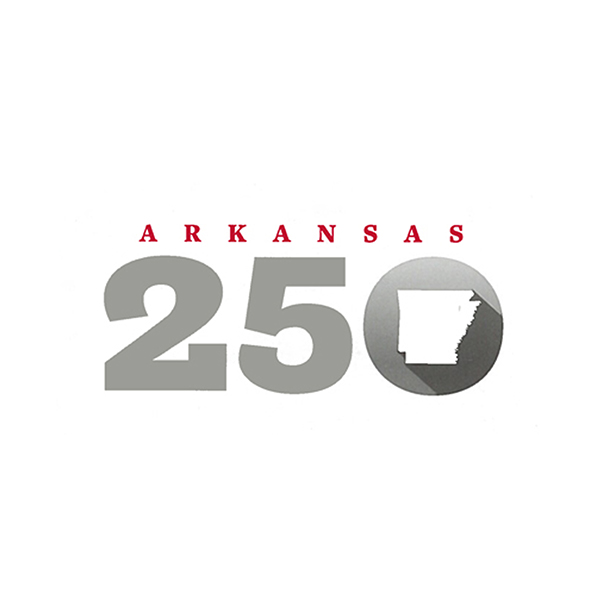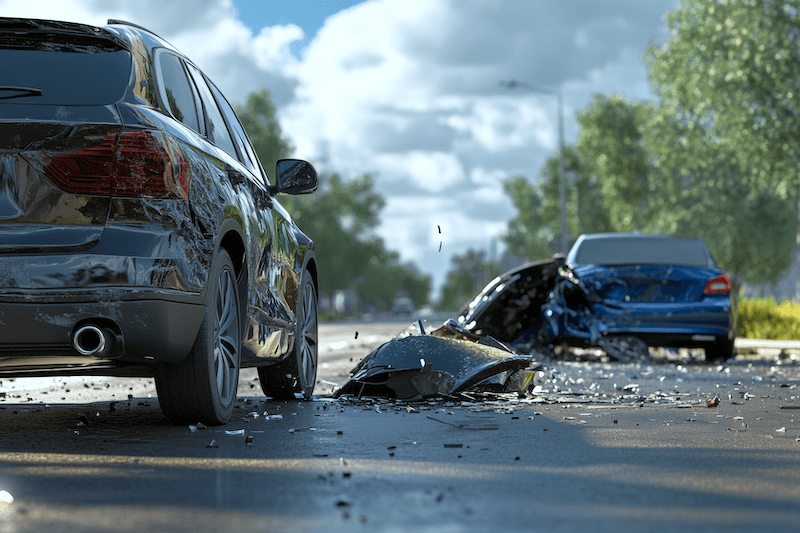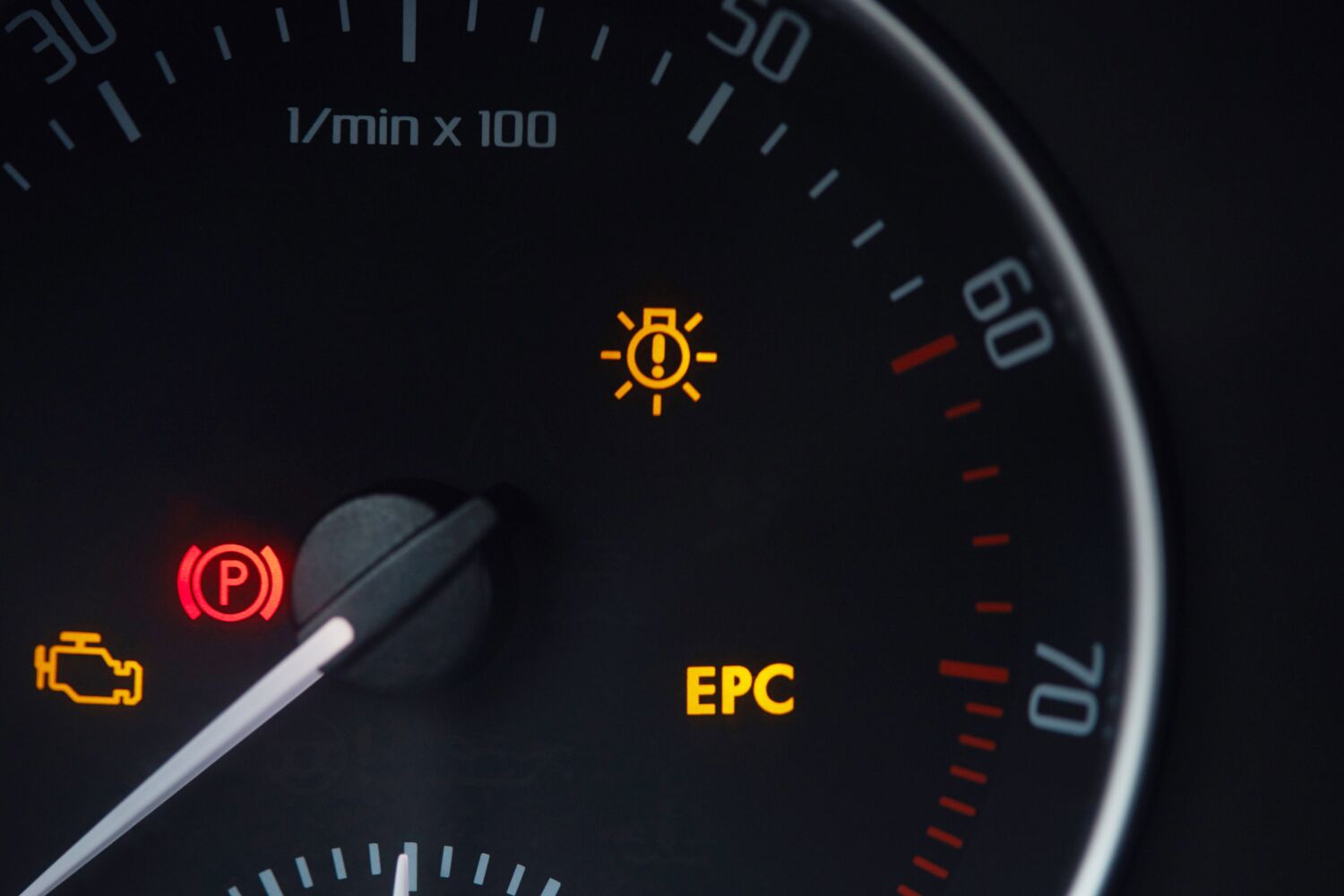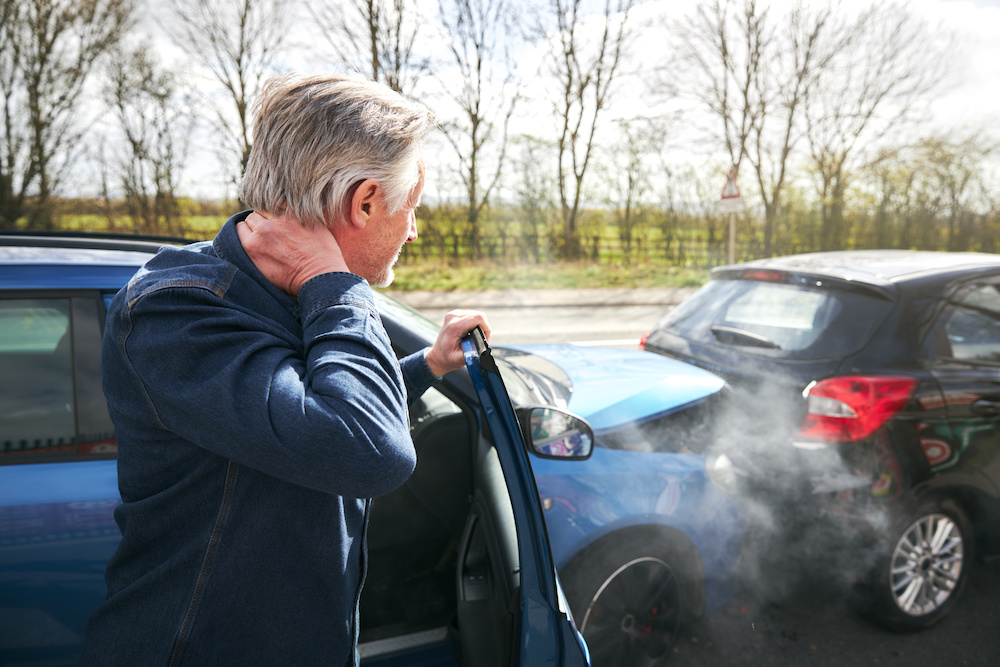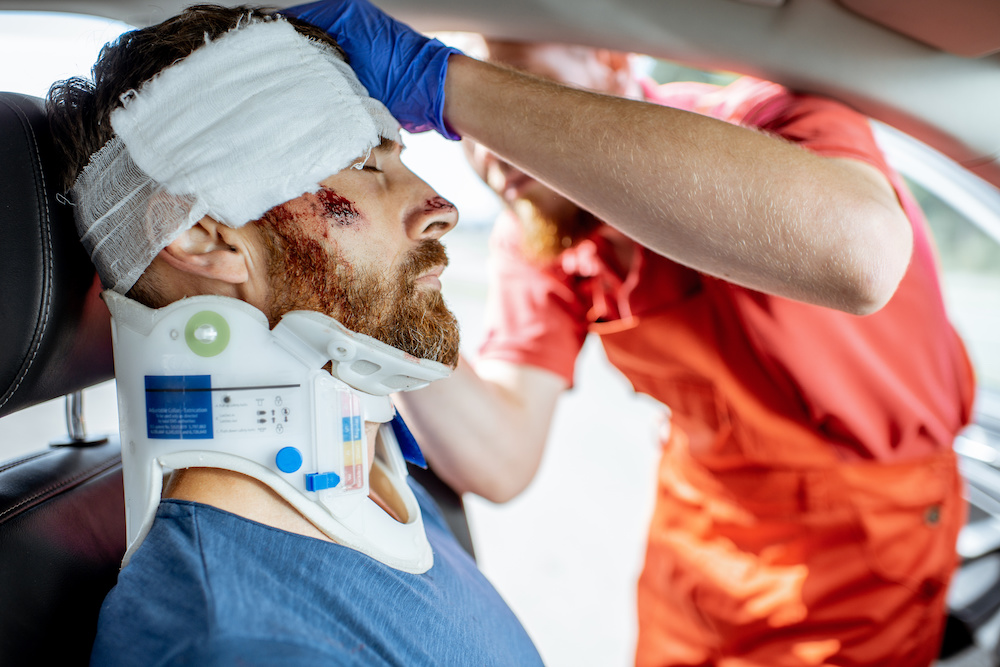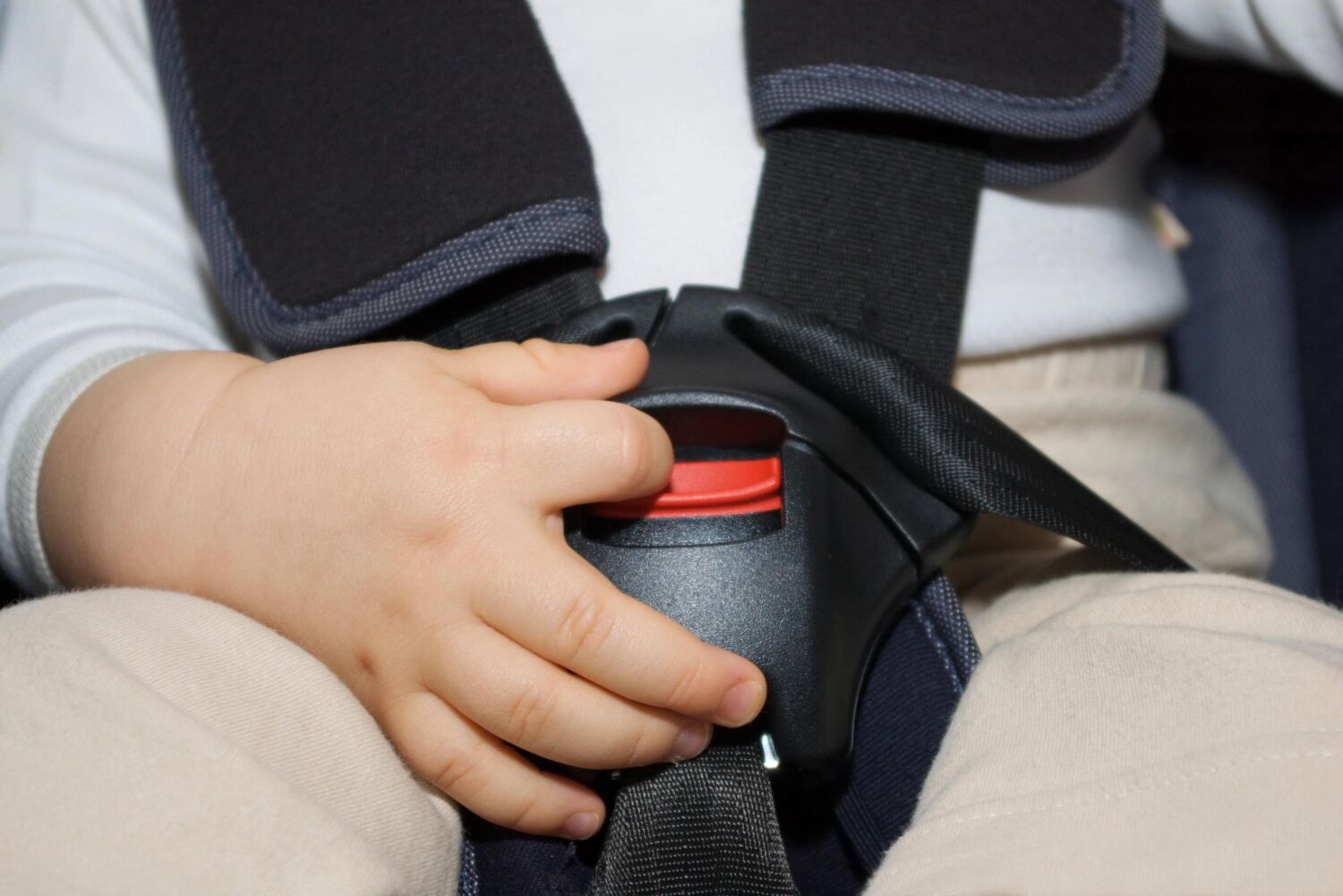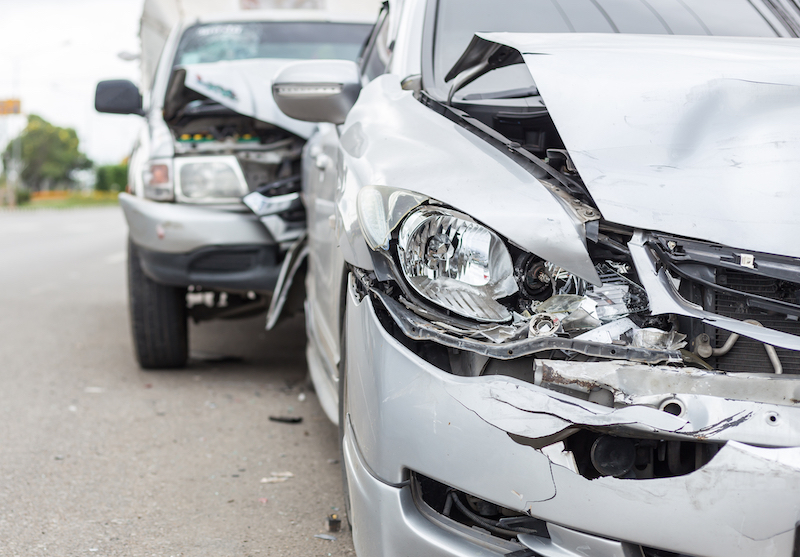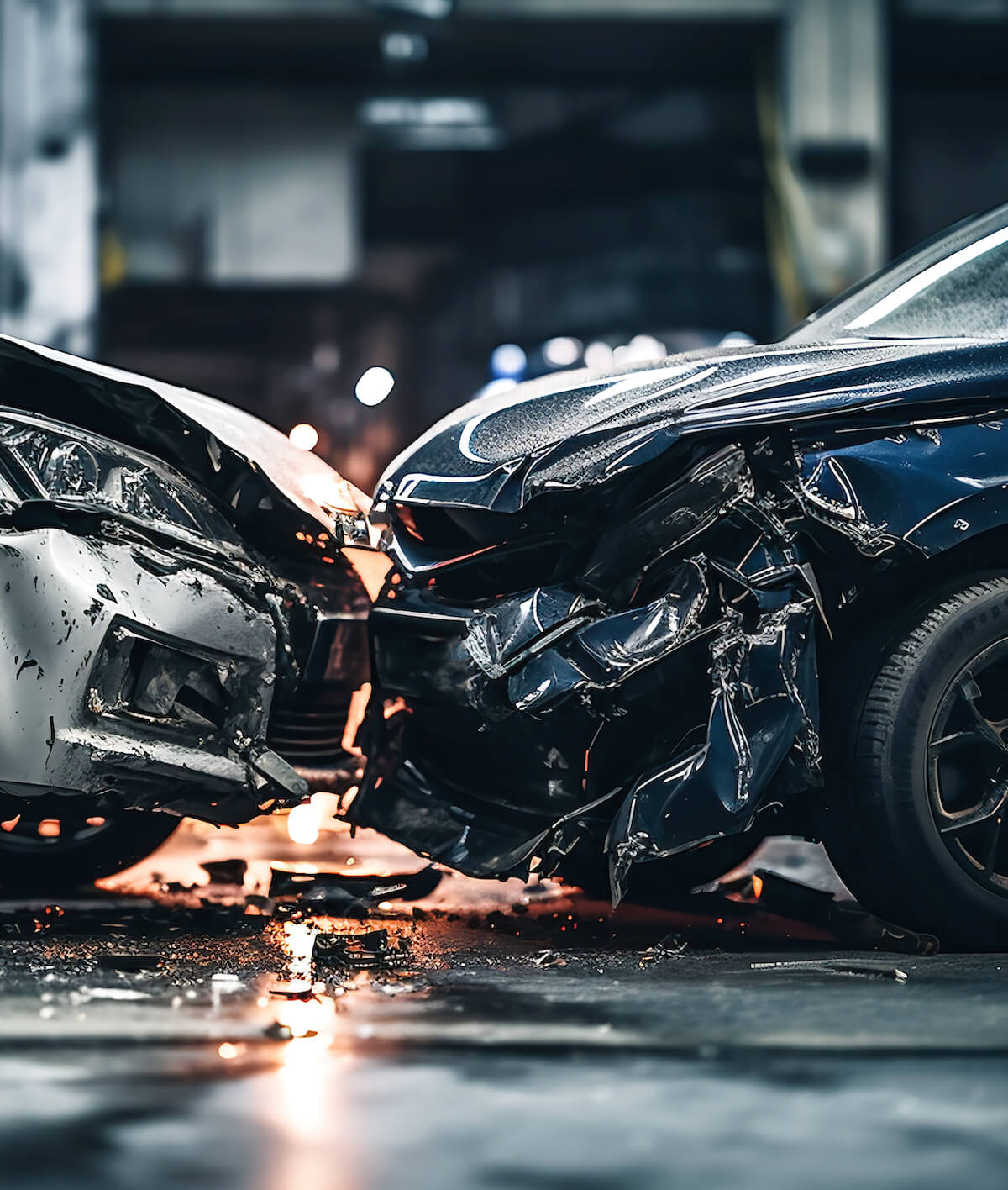Distracted Driving Accident Lawyers
The emergence of smartphones and on-board infotainment systems has led to a dangerous epidemic of distracted driving.
At every moment of the day, it is estimated that more than 660,000 people are using their cellphones while driving. In 2017 alone, distracted drivers claimed 3,166 lives and caused thousands of injuries, according to the National Highway Traffic Safety Administration. The National Safety Council has reported that cellphone use while driving causes more than 1.6 million crashes every single year. Even worse, because it is often difficult to prove distracted driving, these statistics may be just the tip of the iceberg.
If you or someone you love has been injured in a distracted driving accident, your whole world may have been turned upside down in the blink of an eye. You are entitled to seek compensation for your injuries and for the damages you have suffered. The at-fault distracted driver is responsible for compensating you and your loved ones after a serious accident.
Unfortunately, receiving the money you need – and deserve – isn’t always easy. Without an experienced Arkansas and Tennessee car accident attorney on your side, you may not recover enough to pay all of your expenses and losses both now and in the future. At Rainwater, Holt & Sexton, our distracted driving attorneys are here to help every step of the way.
We’ll connect you with a talented car accident lawyer to ensure that you get the full compensation you deserve.
We’re here to help.
Respect
We treat all our clients with the utmost respect.
No fee
Our No Fee Guarantee® means you pay us nothing unless we win your case.
24/7 access
You get access to our legal team anywhere, anytime.
Our Auto Accident Case Results
$1.2 MIL
Head injury | Broken Bone Auto accident
$700,000
Brain & back injury Auto accident
$4.5 mil
wrongful death Auto accident
$350,000
Head & hearing loss injury Auto accident
NATIONALLY RESPECTED. LOCALLY TRUSTED.
Types of Distracted Driving
According to the CDC, there are three types of distractions a driver can face when they’re behind the wheel.
A visual distraction is anything that takes your eyes off of the road. Examples of visual distractions would be reading a text message, reading your GPS instructions, or putting on makeup in the car.
A manual distraction is anything that takes your hands off of the wheel while driving. Examples of manual distractions could be turning the radio controls, texting and driving, or reaching for an object on the floor.
A cognitive distraction is anything that takes your mind off of the task of driving. Some examples of cognitive distractions could include talking on a hands-free device, using voice-controlled texting, or listening to a podcast.
Talking on the Phone While Driving
In Arkansas, the “Fewer Distractions Means Safer Driving Act” outlines restrictions on cell phone use while driving. Under this law, different age groups have different restrictions when it comes to making voice calls.
- Drivers under the age of 18 – are not allowed to use their cell phones while driving at all. This includes voice calls and texts, as well as hands-free devices.
- Drivers between 18 and 21 – are allowed to use their cellphone to make calls using a hands-free device only. Wireless headphones and Bluetooth speakers are allowed as long as you do not use a handheld device. Texting of any kind is always prohibited.
- Drivers over the age of 21 – are allowed to legally talk on the phone while driving, however, texting is still prohibited.
Talking on the phone is still a dangerous act because it takes your eyes off the road, your hands off the wheel, and your mind off the task of driving. Even if it is legal to use your smartphone while driving, safety experts urge all drivers to put it away until they’ve reached their destination—it can wait.
Using a Navigation App
Arkansas drivers are allowed to use map apps and navigational apps while they are driving. However, the Department of Transportation warns that this can be just as dangerous as texting and driving. If you need to use navigation while driving, it is best to set your destination in the app ahead of time before you hit the road. Once you’ve set your destination, turn on voice navigation and resist the urge to look at the map while you are driving. If you need to reroute or choose a different destination, pull off of the road and go somewhere safe to avoid driving distracted.
Injured in an accident? Call us.
Prohibited Areas
In Arkansas, two areas prohibit ALL wireless phone usage of any kind:
- School zones: When children are present or during the school days when children may be outside of the school, drivers are not allowed to use their phones at all while driving.
- Highway work zones: When workers are present, all drivers are required by law to put their phones down and avoid using them for any reason.
Cellphones are responsible for numerous traffic deaths, distracted driving accidents, pedestrian accidents, and child fatalities. In fact, they account for 15% of all driving fatalities in the United States every year.
What to Do After Being Injured by a Distracted Driver
If you are injured in an accident with a distracted driver, do you know what to do after an accident? It is important to remain calm and follow the same steps you would take after any accident, including:
- Turn on your hazard lights
- Get to safety
- Call 911
- Lend aid to injured accident victims
- Don’t admit fault
- Exchange information
- Collect evidence
- Gather eyewitness information
- Seek medical attention
- Call your insurance company to report an accident
- Call a car accident lawyer
Car Accident Injury Law Resources








